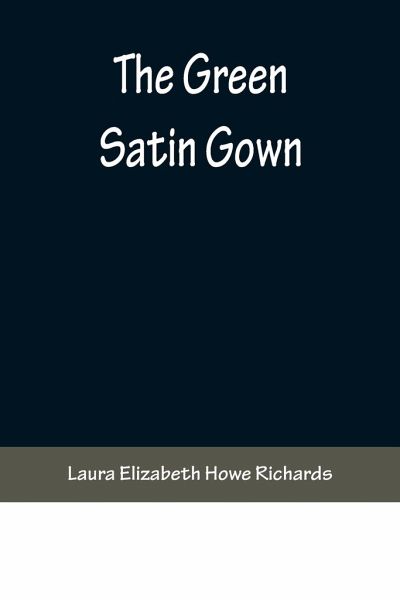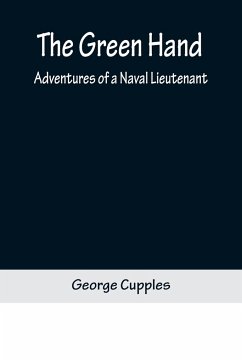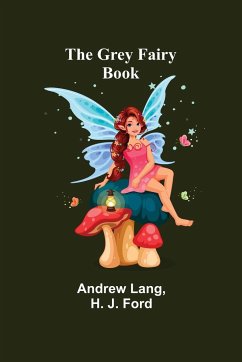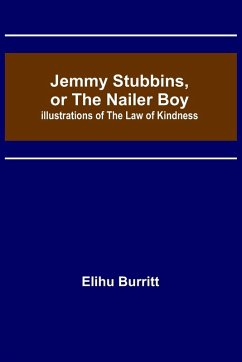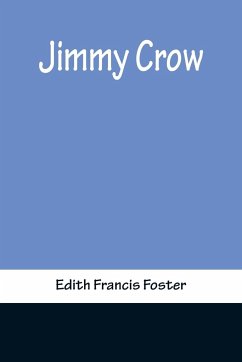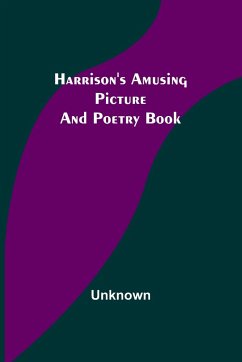Laura Elizabeth Howe Richards was an American writer. She wrote almost 90 books, including biographies, poetry, and many for children. Eletelephony, a literary nonsense verse, is one of her best-known children's poems. Laura Elizabeth Howe was born in Boston, Massachusetts, on February 27, 1850. Her father, Dr. Samuel Gridley Howe, was an abolitionist who founded the Perkins Institution and the Massachusetts School for the Blind. She was named after his famous deaf-blind student, Laura Bridgman. "The Battle Hymn of the Republic" was written by her mother, Julia Ward Howe. Laura and Henry Richards got married in 1871. In 1876, he accepted a management position at his family's paper mill in Gardiner, Maine, where he moved with his wife and three children. Laura was awarded the Pulitzer Prize in 1917 for her biography Julia Ward Howe, 1819-1910, which she co-authored with her sisters Maud Howe Elliott and Florence Hall. Her name is borne by an elementary school in Gardiner, Maine, that serves prekindergarten through fifth grade students. Her children's book Tirra Lirra received the Lewis Carroll Shelf Award in 1959. Her home in Gardiner, the Laura E. Richards House, is on the National Register of Historic Places.
